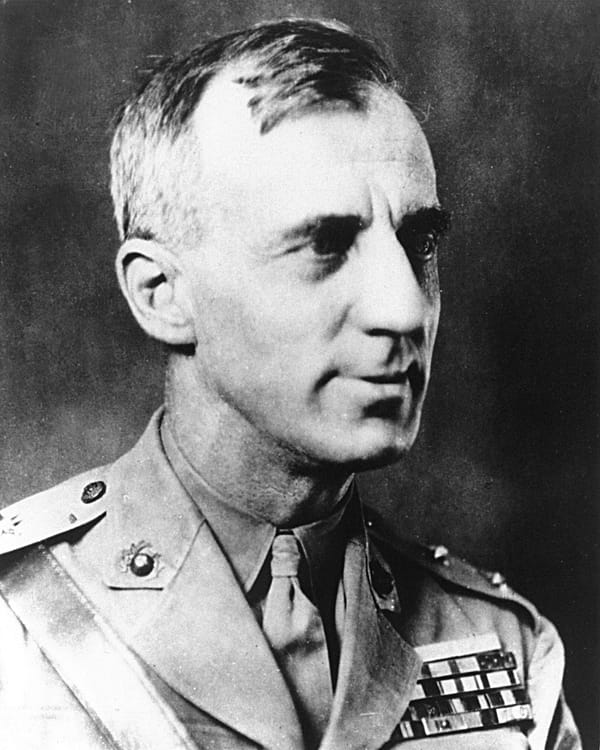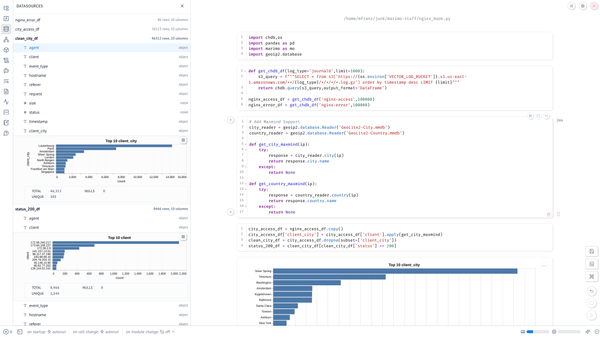Rejection Letter Collection
In my early 20’s, I wanted to be a writer. This is what you did if you were an English major and you were not bound to be a teacher.

In my early 20’s, I wanted to be a writer. This is what you did if you were an English major and you were not bound to be a teacher.
I was not a terribly good writer either, partly because when you are that young and from a background of privilege, you really don’t have a lot to say that is memorable or unique. You just haven’t seen too much or really felt much and it takes a lot of work to craft a voice that is worth listening to and to figure out what really needs to be said.
That is, unless you truly have the gift. Which I did not.
Sure, I was an Army Brat that had moved every 2 to 3 years as my dad (an officer) changed duty stations. I’d lived in Kuala Lumpur as an expat and traveled to Singapore and Bangkok and Manila (yes, more privilege!) and joined the military as a SIGINT analyst as the Cold War ended, but I had “missed out” on the first Gulf War.
In the lead-up to the war, I remember running at night along Hollemann Drive to stay in shape. I did push-ups in the elementary school field to prepare. I wondered about the desert heat. Was it as bad as they said?
I remembered the MOPP Drills and the gas chamber in Basic Training, my eyes burning and snot dripping down off my face, the drill sergeants laughing through the glass as the CS gas wafted into our lungs and we began to cough so we would trust our gas mask.
This was before the SCUDs and Patriots and gas masks worn during concerts in Israel. During the day, the flatbed rail cars from Ft. Hood were full of mostly green (and a few that were desert tan) trucks and armored vehicles headed past Kyle Field towards Houston, or wherever III Corps would disembark for Saudi.
I didn’t spend days burning shit with gasoline in the desert, or hours trying to stay awake at the wheel in convoys driving north (veering off into the sand after falling asleep) to Iraq or Kuwait City or wherever. I did not see (or smell) firsthand what happened when Iraqi columns were decimated by AH-64’s or A-10’s. I did not fire rounds from my Beretta into an open T-72 or BMP cupola or pull bloated, incomplete corpses from them.
These were the stories I heard from those that were there. Now that you could write about.
Writing not only takes life experience. Writing takes practice. Hours and hours and days and nights and mornings of practice and not giving up. I know this because my wife is a real writer, a serious writer, decades after I’ve given up trying to write fiction or poetry. I tried though, for 3–4 years. I really tried. And throughout my 20s there were a couple of periods where I would try again, but after getting into tech that all ended.
Occasionally on a cross-country flight to Silicon Valley (or across the Atlantic, bound for Europe or Asia) I’d feel the urge to scribble down something that could be considered poetry, but most of it ended. I mostly gave up. There was just too much to learn and keep learning given I didn’t have a Computer Science degree early on in my tech career and now it is about keeping up and remaining relevant to mitigating the threat of ageism and never slowing down so you don’t get left behind.
But in the computer labs in the early 1990's, I printed out revision after revision, walking up to print desk to get my job output, past the dingy beige terminals of undergrads at Texas A&M using Gopher or playing MUDs or whatever they were doing that was not writing. Then I’d walk across to North Gate and buy a cheap burger from the Fat Burger behind the McDonald’s.
In the library, I’d browse the print literary journals, capturing the submission addresses and deadline periods in journals that there was no chance I would ever be accepted in. I kept a submission list. I purchased brown manila envelopes, the ones you licked and sealed with tiny brass clips. I bought a book of stamps and mailed off my stories or sets of poems. I’d send them off waiting for a response.
I still remember the bitter taste of the glue before dropping the folders into the mail slot. You waited months. Sometimes you would be ghosted, although we didn’t call it that back then.
But usually not. I collected the small paper slips with the logos of literary journals (sometimes on thin paper, other times on card stock) where you did not meet the bar. Or where there were too many submissions. You hoped for at least a handwritten phrase with some feedback or maybe just maybe, “we liked your descriptive language, please submit again in the future!”
And, yes, I did get a couple of actual publications in small journals and experienced the joy of not being rejected. But it was infrequent and unexpected. I kept at it until I stopped.
Fast forward three decades.
I am no longer in my twenties and now in true Middle Age with another birthday this month. I now have that personal and professional experience that all those stories that got published had and all that I lacked as a young adult.
Marriage, being a father (both biological and adoptive). Money. An enviable salary that I could never have dreamed of. Well, that is, before I quit it! World travel to exotic and amazing destinations. The death of a family member and all of my grandparents.
Trips to the emergency room with a child — or waiting for their general anesthetic to wear off. Exposure to mental illness. Financial success and disappointment. Aging parents. Children becoming adults and becoming more (or less) independent and the utter helplessness but ultimate acceptance of what you cannot control.
Now in 2024 and whatever this decade has in store for all of us globally and locally, it has been a period of rejection for many of us as the tech bubble bursts following “over-hiring” or “rising interest rates” or “return to profitability” or “market consolidation” or whatever is causing the disruption in the job market.
For many, the rejections continue to mount. The automated emails from Workday or Greenhouse trickle in months after submitting them, long after we’ve given up hope, but there is no handwritten note of encouragement.
The automated responses are neither authentic nor actionable the way the rejections were for my writing decades ago.
But sometimes, just sometimes, we get human feedback, though. Not all the words are artificial or computer-generated.
Wait and listen for them.




